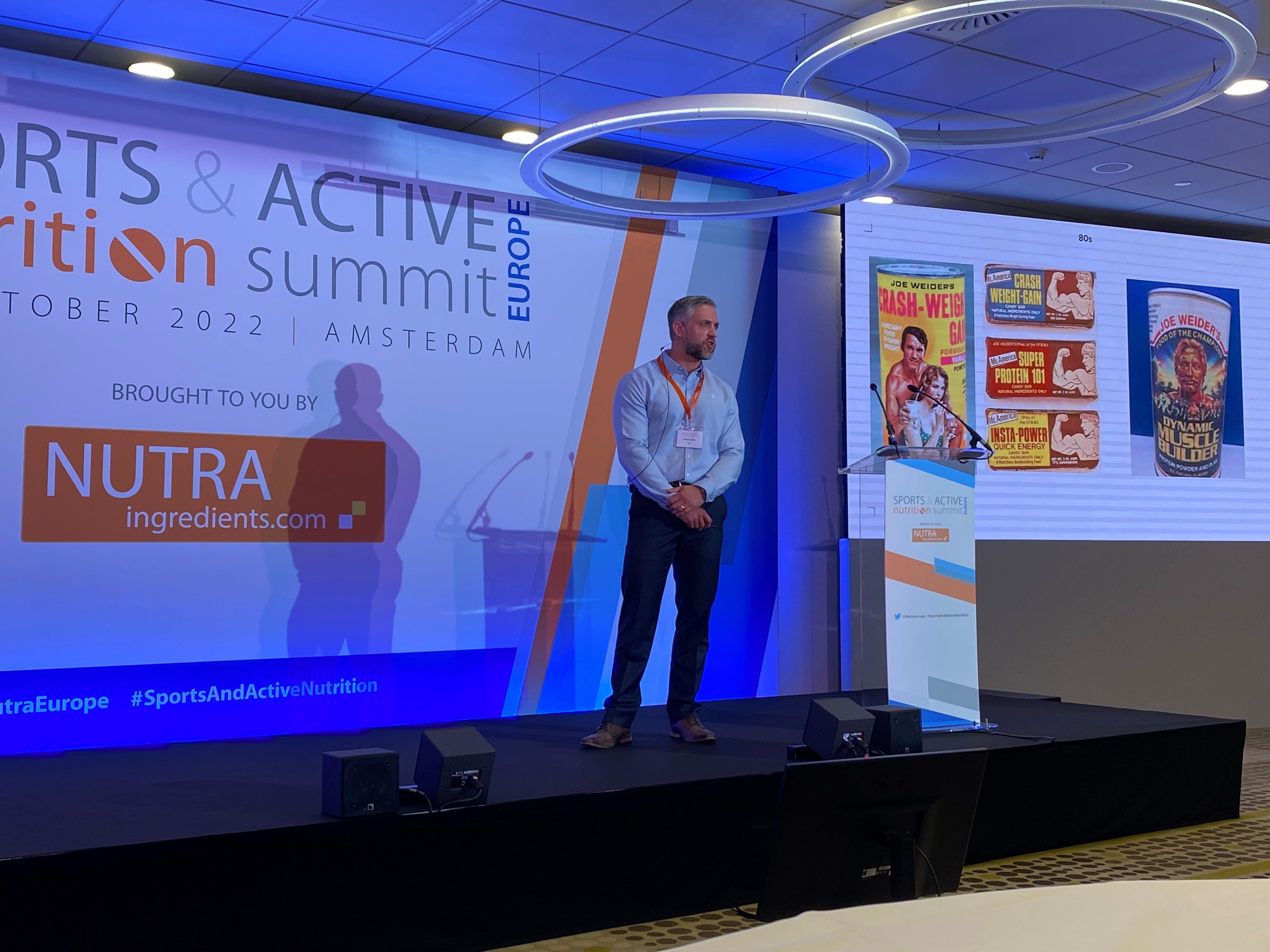Abrahams said that it's not only the types of foods but the timing of when one eats thar plays a major role.
“If we can have more people being aware about the impact of food and the benefits, and the potential on their health, than anybody would be driven by data, everybody loves data. And of course that could help behavior change–that's the key point in personalized nutrition and that is the hardest to change."
She added that a major challenge is that most of the clinical trials are done in big cities and at university hospitals.
“Women's health at the moment ranks the highest in the number of decentralized trials and that is simply because we have very poor scientific data of women being included historically, in scientific evidence. So whether that's in chronic diseases, whether it’s in performance, whether it’s menopause, we have very little data,” noted Abrahams.
But on the bright side, we do have technology, she noted. “So you can have your wearable, you can have your glucose monitor, you can have your online survey, you can have teleconferencing and women are increasingly– irrespective of where they are in their cycle or in their lives– can now participate at their own convenience in these clinical trials. And so now we see not only because of the interest in women's health, but from an investment point of view and the technology point of view, where women want products for women because we need the science, we also need evidence-based and we need it designed for women's physiology,” said Abrahams.



